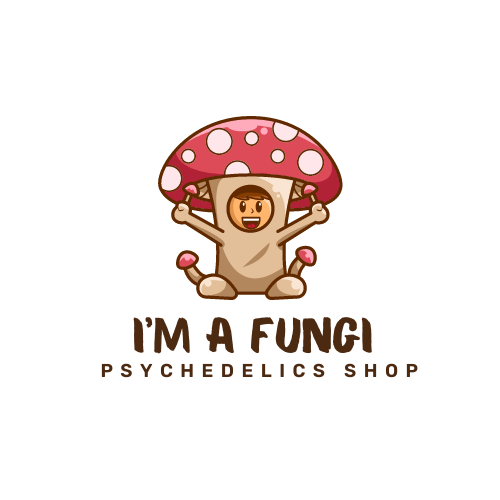BLOG
Unlocking the Secrets: Psilocybin for Depression – A Comprehensive Exploration in 2024

In recent years, the landscape of mental health treatment has undergone a profound shift with the resurgence of interest in psychedelics, particularly psilocybin, as a potential remedy for depression. As we venture into 2024, we take a closer look at the latest research surrounding the therapeutic application of psilocybin, its impact on depression, and the evolving paradigm in mental health care.
The Psilocybin Renaissance
Psilocybin, the psychoactive compound found in certain mushrooms, has a rich history of traditional use in various cultures for spiritual and therapeutic purposes.
In contemporary times, a renaissance in psychedelic research has revived interest in the therapeutic potential of substances like psilocybin.
Understanding Depression
Depression, a complex mental health condition, affects millions worldwide. Traditional treatments, while beneficial for many, often come with limitations such as side effects and a delayed onset of action.
The quest for more effective and efficient interventions has led researchers to explore novel avenues, including the realm of psychedelics.
Psilocybin and the Brain
Psilocybin interacts with serotonin receptors in the brain, specifically the 5-HT2A receptor. This interaction is believed to induce alterations in consciousness, perception, and mood.
Recent neuroimaging studies employing techniques like functional magnetic resonance imaging (fMRI) have provided insights into the neural mechanisms underlying psilocybin’s effects.
Trials and Findings
Clinical trials investigating the effects of psilocybin on depression have shown promising results. Patients who have undergone psilocybin-assisted therapy report profound and enduring changes in their depressive symptoms.
The therapeutic model often involves a carefully guided and supervised psychedelic experience, coupled with preparatory and integration sessions.
Neuroplasticity and Healing
One of the intriguing aspects of psilocybin’s impact on depression lies in its potential to promote neuroplasticity, the brain’s ability to reorganize and form new neural connections.
This neuroplastic effect is theorized to underlie the long-lasting positive changes observed in individuals who have undergone psychedelic-assisted therapy.
The Importance of Set and Setting
Research underscores the critical role of setting the mindset of the individual and the environmental conditions in shaping the psychedelic experience.
A supportive and comfortable setting, coupled with a positive mindset, is considered essential for maximizing the therapeutic benefits of psilocybin.
Challenges and Caution
While the results are encouraging, challenges and concerns remain. Issues related to standardization of doses, variability in individual responses, and the need for further large-scale, controlled studies persist. Additionally, ethical considerations and the need for a cautious approach in clinical settings are emphasized.
Integration into Mental Health Care
As research progresses, the integration of psilocybin into mainstream mental health care is a topic of growing discussion.
Clinics and centers specializing in psychedelic-assisted therapy are emerging, offering a structured and supervised environment for individuals seeking alternative approaches to address their mental health challenges.
The Road Ahead
The journey of psilocybin for depression in 2024 is marked by optimism and curiosity. Ongoing research, advocacy efforts, and shifting societal attitudes contribute to a dynamic landscape that holds the promise of innovative and effective solutions for those grappling with depression.
Conclusion
In the evolving narrative of mental health treatment, psilocybin emerges as a compelling protagonist, offering a fresh perspective and renewed hope.
While challenges persist, the ongoing research and its potential to reshape our understanding of depression underscore the transformative power of exploring new frontiers in psychopharmacology.
As we navigate the complexities of mental health, the symbiotic relationship between ancient wisdom and modern science continues to illuminate the path toward healing and well-being.
